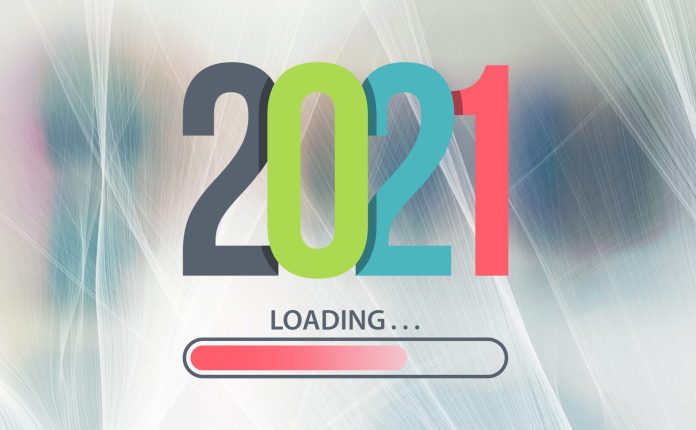2020 has been a year of reckoning with a devastating human toll. Technology was a silver lining. It has helped us – as people, businesses and societies – to cope with an unprecedented situation.
Even before the pandemic, the Nordic and Baltic countries were considered digital front-runners. According to the EU’s 2020 Digital Economy and Society Index (DESI), Finland, Sweden, and Denmark lead the union in overall digital performance. Estonia is not far behind.

A recent report we ran about Swedish businesses says around 40 percent of companies accelerated their digitalization efforts in 2020. The survey showed a majority of companies, regardless of size, will continue to invest in competencies and technical capabilities critical to their digital development.
This trend will continue with unabated intensity in 2021.
Access to reliable digital infrastructure is a prerequisite to increase use of existing solutions or adopt entirely new technologies. Sweden and its neighbours have access to world-class digital infrastructure based on both fibre and the latest 4G-LTE technology. This was on display during the pandemic, when remote working drove rapid changes in traffic patterns that our networks effectively managed, without diminishing quality.
To maintain our position in the Nordics and Baltics as digital leaders, we must continue to invest in our networks. And that is precisely what we are doing in Telia. Over the next five years we will modernise our mobile networks across our region, upgrading our 4G networks and deploying 5G.
But our work does not stop with upgrading public networks. For some industries and some use cases, access to dedicated networks will be critical. According to the report referenced above, healthcare, transportation and manufacturing were among the industries in Sweden that advanced their digitalization efforts the most during the pandemic.
But for these organisations to take the next step on their digital journeys and connect critical systems in the most sensitive parts of their operations – like mines, factories, and ambulances – they need absolute trust in their digital infrastructure.
The ability to deliver a specific quality of service for certain applications is hardly a new phenomenon. But we are now at an inflection point, where maturing technologies in both the underlying networks and the application layer can help organisations move from proof of concepts to large scale adoption of new solutions in production environments, especially equipment and systems that require robust, secure and predictable mobile connectivity.
Frankly, we have had conversations with customers, especially in manufacturing, for years now about sustainable business and how they could use new technology to increase efficiency in their production, while improving things like energy consumption and safety.
While we know that processes, ways of working, and culture are often the real barriers to change, trust in digital infrastructure has been a comfortable wall to hide behind, to avoid having to face these issues head on. With new mobile technology standards like 5G and Wi-Fi 6 being rolled out, we remove that wall.
We are now seeing evidence this change is happening.
Just before Christmas, we announced a multi-year deal with Swedish mining company Boliden to deliver a large-scale commercial dedicated mobile network to its open-pit copper mine in Aitik in the North of Sweden. The network is based on 4G technology but is 5G-ready and will be used to monitor and control machinery. Earlier last year, Telia in Norway was chosen to deliver dedicated network services to the Oslo metro.
These are just two examples from our own business. We can expect to see a flurry in this area in 2021, where large-scale dedicated mobile networks are being deployed in factories, timber yards, ports, healthcare facilities, and other similar places, replacing traditional Wi-Fi, LoRaWAN and Sigfox networks, to connect applications and systems that are part of core business processes and that require robust and disruption-free connectivity.
Though many companies have struggled in their digital transformation, those that have tried are better positioned to leverage the opportunities on the back of dedicated mobile networks. They have a foundation to build on and experiences to learn from.
Our first digitalization project with Boliden started six years ago. In 2018 Telia, Ericsson and Boliden launched the world’s first underground 5G-network. Mastering skills, whether physical or digital, takes practice.

